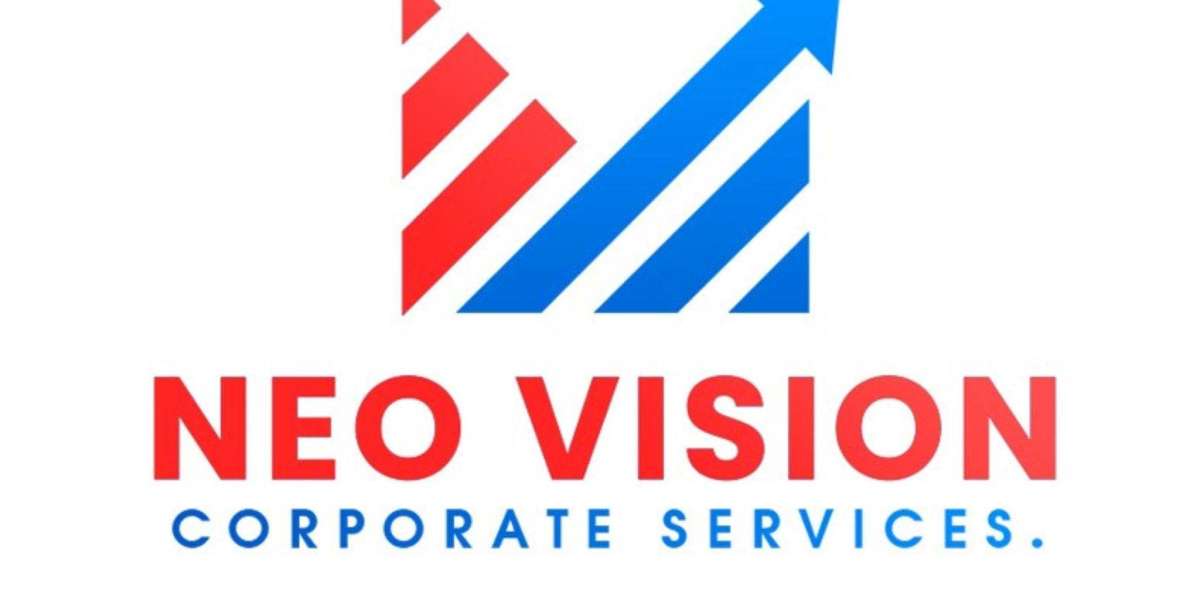Dubai is not just a city; it’s a global business magnet. Entrepreneurs and corporations alike flock here for its tax-friendly ecosystem, strategic geography, and futuristic infrastructure. But company formation in Dubai is far from a simple administrative task. Many businesses falter by walking into common traps that could have been avoided with foresight and proper guidance. In a jurisdiction where bureaucracy intertwines with opportunity, making uninformed decisions can quickly derail your goals.
Misunderstanding Business Jurisdictions in Dubai
One of the first—and often fatal—mistakes is not understanding the jurisdictional structure. Dubai offers three main zones for company formation: Mainland, Free Zone, and Offshore. Each comes with its own set of permissions, operational flexibilities, and ownership rules. Choosing the wrong one may not only restrict your business operations but also impact your access to the local market. For instance, Free Zone companies cannot conduct direct trade with the UAE mainland without a distributor. Entrepreneurs often skip due diligence here, thinking one-size-fits-all, and find themselves stuck in a regulatory mismatch.
Choosing the Wrong Business Structure
Dubai’s Department of Economic Development (DED) provides various business structure options: Sole Establishment, Limited Liability Company (LLC), Civil Company, and more. Selecting the wrong structure can affect liability, profit repatriation, and even investor eligibility. Many startups impulsively register as an LLC without evaluating whether they need shared liability or not. Others go for Sole Proprietorships to reduce costs but later struggle with funding and partnerships. The structure defines your growth trajectory—get it wrong, and you may need a costly overhaul later.
Underestimating Licensing Requirements
In Dubai, a license isn’t just a formality—it’s a statement of operational legitimacy. Every business activity, from IT services to trading, requires a specific license, and sometimes multiple ones. A frequent error is applying for a general license assuming it covers everything, only to later face penalties or business suspension. The Dubai government enforces this strictly. The slightest mismatch between listed activities and actual operations can result in non-compliance. Tailor your license to the precise nature of your business activities to avoid regulatory headaches.
Ignoring Cultural and Legal Nuances
Dubai blends tradition with innovation, and navigating this duality requires awareness. Many foreign investors fail to recognize the role of Shariah-based laws and cultural etiquette in business dealings. From contract clauses to advertising language, local norms influence everything. Neglecting these elements can lead to reputational damage or even legal disputes. Respect for hierarchy, time, and decorum is not just good practice—it’s expected.
Relying on Unverified Local Sponsors
If you're setting up a mainland company, a local sponsor or Emirati partner is mandatory for certain structures. Trusting an unvetted sponsor just for the sake of quick registration is a serious blunder. Some sponsors may not be active or engaged, creating bottlenecks when approvals, signatures, or decision-making are needed. Always conduct thorough background checks and ensure that the partnership is governed by a well-drafted agreement. Treat this as a business relationship, not just a regulatory requirement.
Neglecting Visa and Immigration Compliance
Each employee, including business owners, needs a valid UAE residency visa to live and work in the country. Ignoring visa quotas or hiring without proper authorization can lead to fines or bans. Similarly, overstaying or misusing visas—like working under a tourist visa—can tarnish your company’s credibility and attract legal consequences. Many new companies underestimate how tightly visa processes are interwoven with business setup. Get professional help if needed, but never sideline this aspect.
Poor Financial Planning and Capital Allocation
A frequent but less visible pitfall is poor budgeting. Many businesses allocate all their capital to setup fees without considering operational cash flow for the next 6–12 months. Others overlook hidden costs such as office rent mandates, renewal fees, or local sponsor commissions. Without a financial buffer, even a promising business can flounder. Budget conservatively and plan not just for launch, but for sustainability.
Overlooking the Importance of Ongoing Compliance
Company formation is not a one-and-done process. Annual license renewals, regulatory audits, VAT filings, and labor law adherence are all part of the lifecycle. Failing to meet ongoing compliance requirements leads to penalties, blocked services, or even blacklisting. Many businesses get off to a strong start but lose momentum due to neglected administrative upkeep. Create a compliance calendar and assign clear ownership to stay ahead.
Conclusion: Start Right to Grow Strong
Company formation in Dubai is a strategic move, but it must be approached with clarity and caution. From understanding jurisdictions to vetting sponsors and staying compliant, every step requires due diligence. Avoiding these common mistakes not only saves you money but sets a strong foundation for sustainable growth in one of the world’s most dynamic business hubs. Set your venture up for success—not setbacks.






